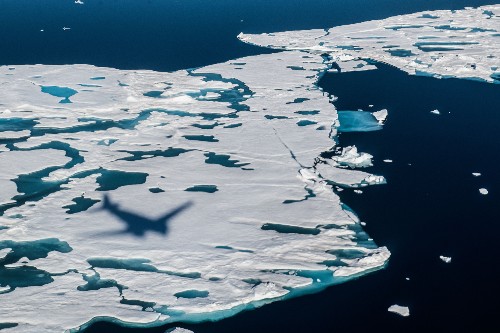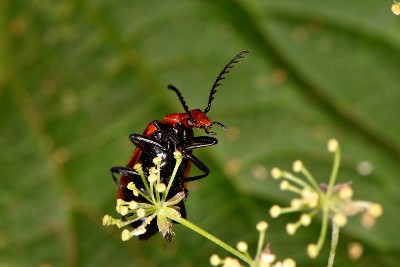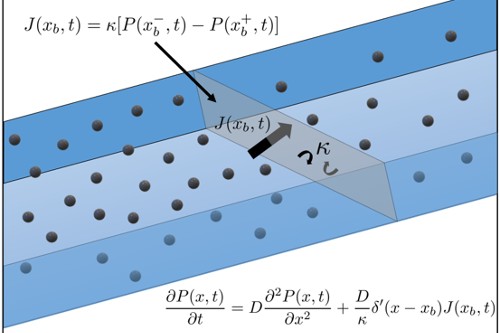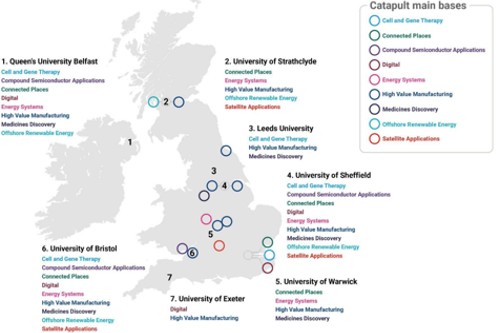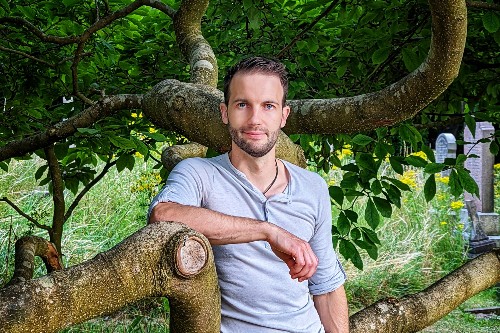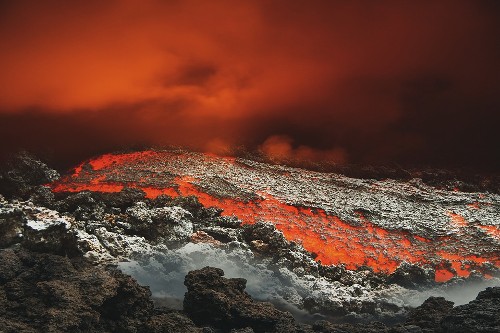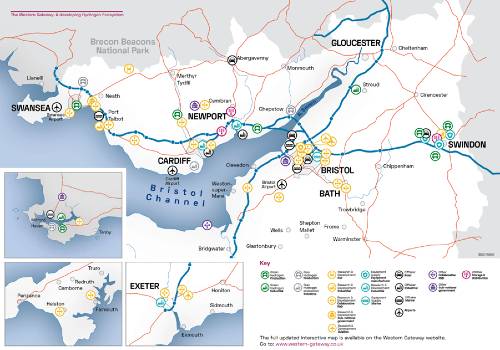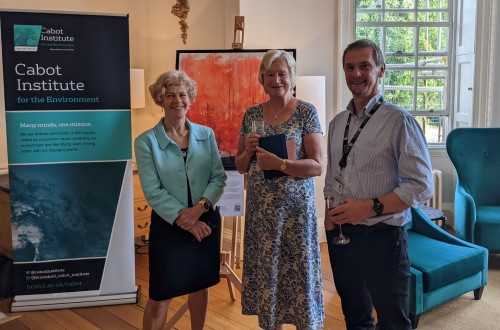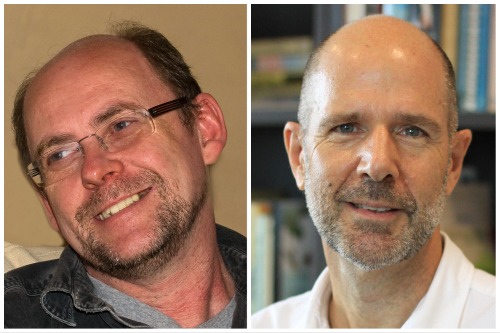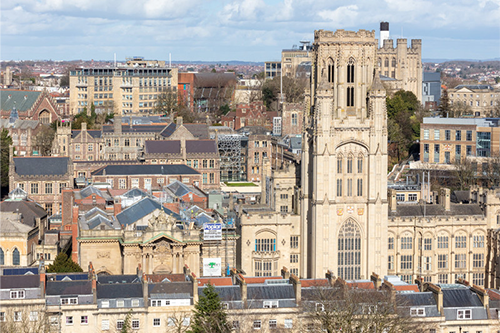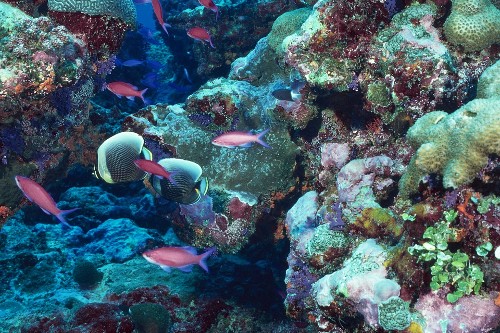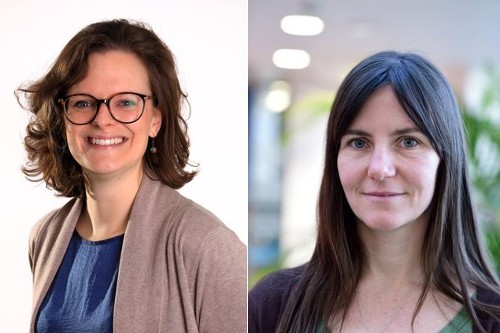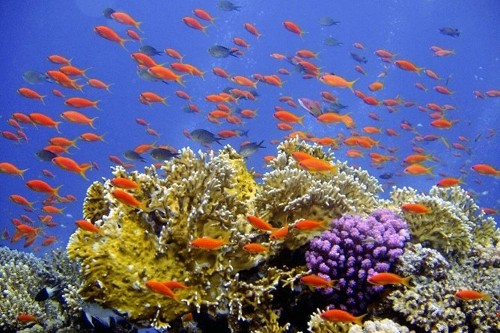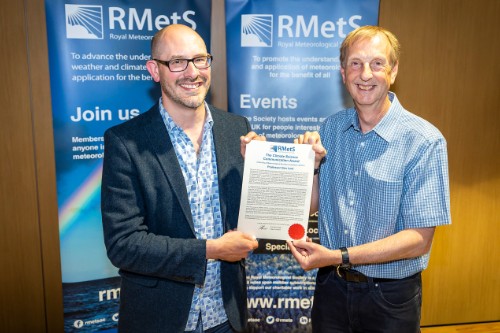World-first satellite to measure Earth’s water levels blasts into space
A UK-backed mission involving the University of Bristol, which will observe huge swathes of ocean and surface water in unprecedented detail, has launched into space.
A UK-backed mission involving the University of Bristol, which will observe huge swathes of ocean and surface water in unprecedented detail, has launched into space.
A consortium, involving the University of Bristol, has been awarded £7.7m from the Net Zero Innovation Portfolio (NZIP) of UK Government’s Department for Business, Energy & Industrial Strategy (BEIS) to develop pioneering hydrogen storage.
Five new and much-needed research projects have been launched to investigate how pollution affects UK rivers.
Pollinators are less likely to land on flowers sprayed with fertilisers or pesticides as they can detect electric field changes around the flower, researchers at the University of Bristol have found.
With the next round of Bristol e-scooter rental trials set to finish in November, research from the University has revealed that there are now nearly half as many e-scooters-users per day as cyclists in the Bristol University area.
Local artists are showcasing Bristol’s passion and wide-ranging expertise to combat climate change with an array of thought-provoking artwork, as the 2022 United Nations Climate Change Conference progresses.
Vast swathes of Africa have been experiencing more frequent and intense episodes of drought since 1983, according to new research carried out by University of Bristol scientists and released today by WaterAid.
A team of leading University of Bristol researchers on hot topics, ranging from climate change policy to adapting to a warming world and ensuring the transition to a net zero economy is just as well as sustainable, are poised to join the 2022 United Nations Climate Change Conference.
Climate change is one of the biggest health threats facing humanity. It is already affecting our health, and these impacts are likely to increase. A series of short films developed by the University of Bristol’s Elizabeth Blackwell Institute for Health Research and Cabot Institute for the Environment explain how the health of our planet is linked to human health, and how research at Bristol will help us to understand these complex and interwoven issues.
The electric charge of insects can cause changes in the electricity of the atmosphere which are comparable with weather processes, researchers at the University of Bristol and University of Reading have found.
Winners of the Cabot Institute Innovation Fund for 2022 have been announced. The funds are aimed at supporting bold, ambitious and impactful ideas that transcend disciplinary boundaries. The fund enables the Cabot Institute to support new interdisciplinary connections and establish new research areas, providing a strong foundation for further funding opportunities.
New research indicates better groundwater supply management could hold the key to help combat the impact of climate change in East Africa, where countries are currently facing the worst drought and food insecurity in a generation.
A first-of-its-kind study has shown adding eco-friendly ratings on menu items results in diners making choices which are kinder to the environment.
Pro Vice-Chancellor Professor Phil Taylor joined a panel of experts at the Conservative Party Conference to discuss driving economic growth and a Net Zero future in the South West.
We are delighted to announce Dr Eunice Lo as Research Fellow in Climate Change and Health. This new fellowship is funded by the Elizabeth Blackwell Institute for Health Research, and Cabot Institute for the Environment as part of a new collaboration at the University of Bristol looking into the impacts of climate change on human health.
Bristol-led team uses nanomaterials made from seaweed to create a strong battery separator, paving the way for greener and more efficient energy storage.
An industry-changing technique currently being developed at the University is one of 77 projects allocated funding from the Engineering and Physical Sciences Research Council (EPSRC) New Horizons initiative.
Carbon emissions and unemployment have both fallen significantly in Bristol over the past decade, according to a new report holding the city to account for its progress in achieving global goals which are key to the future wellbeing of people and the planet.
Pioneering research deploying Artificial Intelligence (AI) and satellite modelling means the thickness of Arctic sea ice can be measured all year round for the first time, bringing significant benefits for future weather forecasts and shipping in the region.
Insects have weak ability to adjust their thermal limits to high temperatures and are thus more susceptible to global warming than previously thought.
A groundbreaking mathematical equation has been discovered, which could transform medical procedures, natural gas extraction, and plastic packaging production in the future.
The University of Bristol is part of a new £6.75 million national network to accelerate UK innovation. The Innovation Launchpad Network+ brings together leading universities, the Catapult Network and regional innovation ecosystems to enrich the exchange of ideas and knowledge across these organisations.
Dr Chris Clements of Bristol’s School of Biological Sciences has received the prestigious Founders’ Prize which commemorates the enthusiasm and vision of the Society’s founders.
Researchers at the University of Bristol and Scottish Universities Environmental Research Centre have discovered that super-eruptions occur when huge accumulations of magma deep in the Earth’s crust, formed over millions of years, move rapidly to the surface disrupting pre-existing rock.
The Western Gateway partnership and the GW4 Alliance, of which the University of Bristol is a member, have unveiled a vision for South West England and South Wales to become the UK’s first Hydrogen Ecosystem, to lead development of low carbon energy and meet goals to slow climate change.
On the 1 August 2022, the Cabot Institute welcomed Professor Louise Heathwaite to Chair our Strategic Advisory Board and we also bid a fond farewell to outgoing Chair Dame Professor Julia Slingo.
Two University of Bristol academics have been elected to The British Academy as Fellows in recognition of their outstanding contributions to social sciences and humanities.
Research and teaching at the University of Bristol is among the best in the world, new figures have revealed.
The Community Network for Vector-Borne Plant Viruses (CONNECTED), based at the University of Bristol, has been awarded half a million pounds from UK Research and Innovation (UKRI) International from the Global Challenges Research Fund (GCRF).
Modern ocean biodiversity, which is at its highest level ever, was achieved through long-term stability of the location of so-called biodiversity hotspots, regions of especially high numbers of species, scientists have found.
The amount of carbon stored by microscopic plankton will increase in the coming century, predict researchers at the University of Bristol and the National Oceanography Centre (NOC).
Space scientists from the University of Bristol have consulted on a pioneering public art project to build a ‘Martian House’ at Harbourside - and now the people of Bristol are invited to create the interior.
Awards have been given to local young people for their ideas to help the city reach the United Nations Sustainable Development Goals.
Greenland's many small glaciers are melting at great speed, and the melting is increasing, especially in the Arctic regions, where the temperature rise is worst.
Leading global climate scientists claim our ability to deal with climate change lies in jeopardy without drastic action to improve rainfall predictions.
Four Bristol academics and 80 other promising science and research leaders will receive £97.8 million to conquer major global issues and commercialise their innovations in the UK.
Pre-historic coral reefs dating back up to 250 million years extended much further away from the Earth’s equator than today, new research has revealed.
This week has been a busy week for our Cabot Institute for the Environment academics who have won a plethora of awards and grants for their outstanding academic achievements. Congratulations to them all!
A University of Bristol climate scientist has won a major global award from The Royal Meteorological Society (RMetS).
Dr Basile Curchod has been named winner of the Royal Society of Chemistry’s Marlow Award in recognition of brilliance in research and innovation.
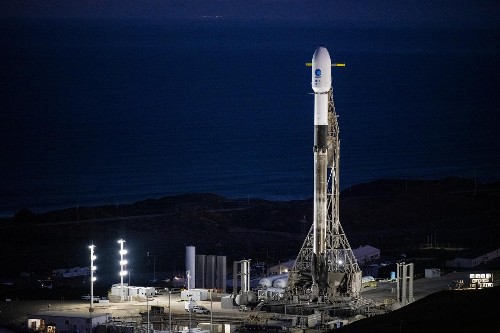

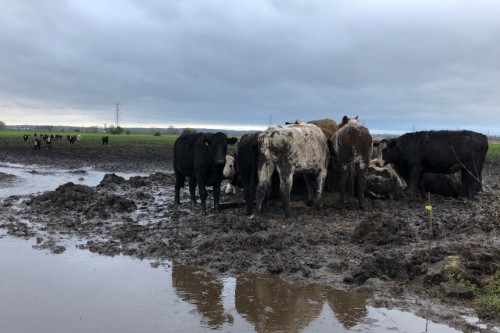
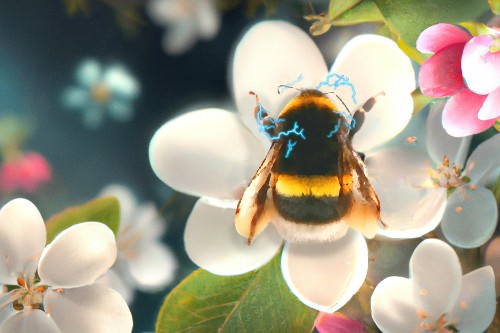
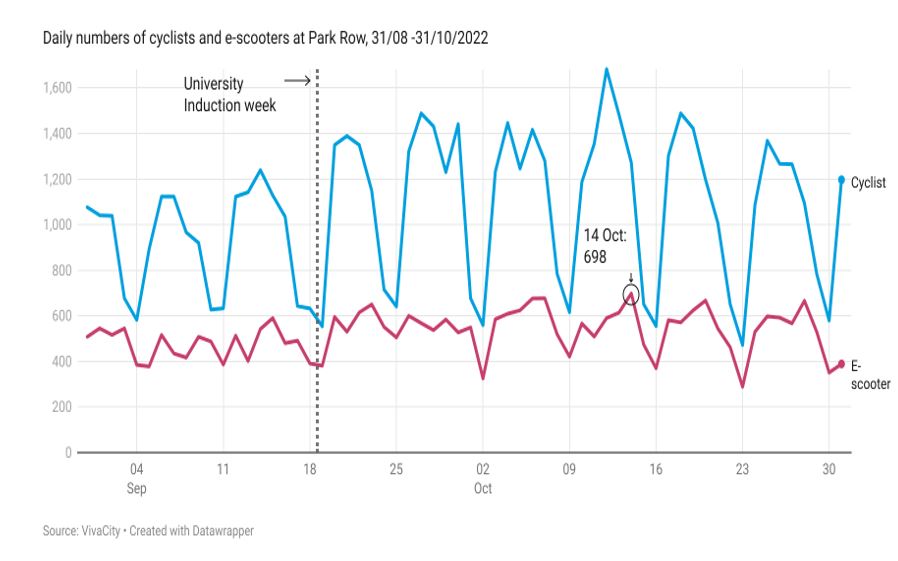

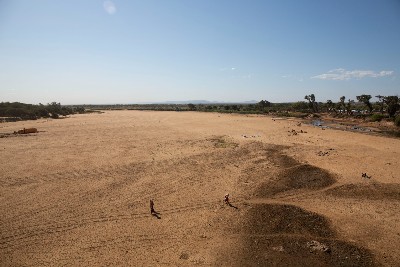
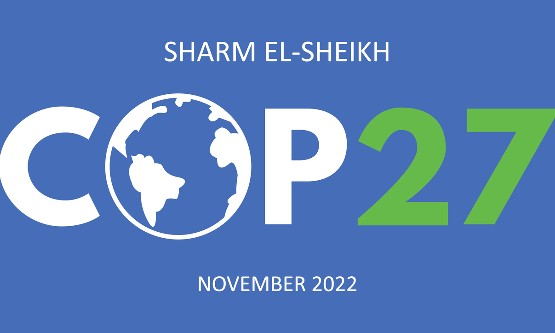

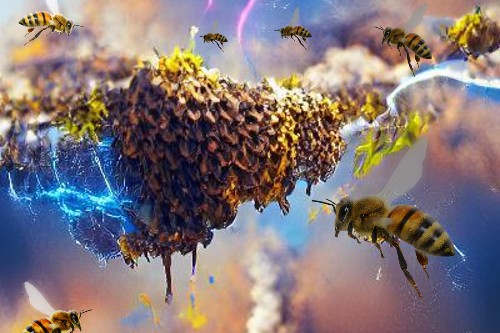
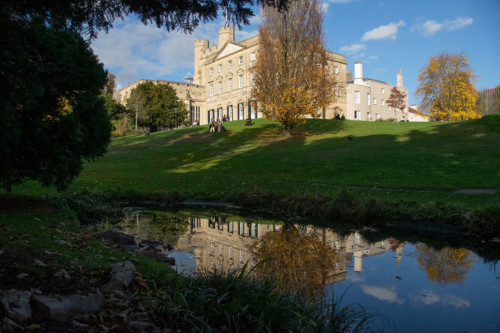
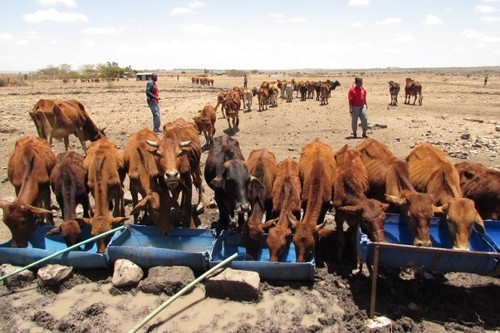



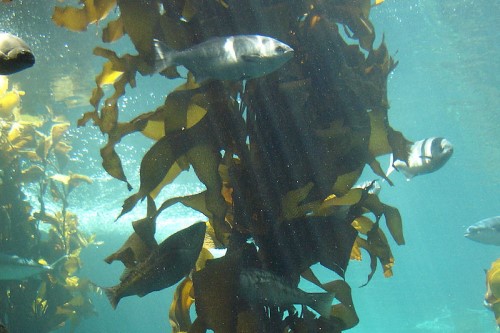
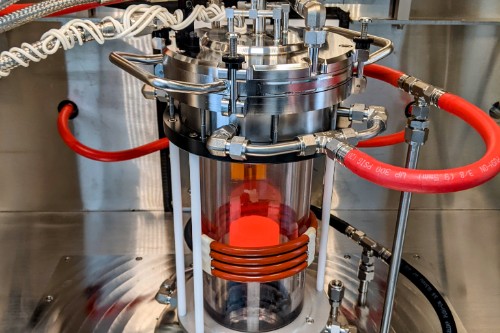
 500x333.jpg)
